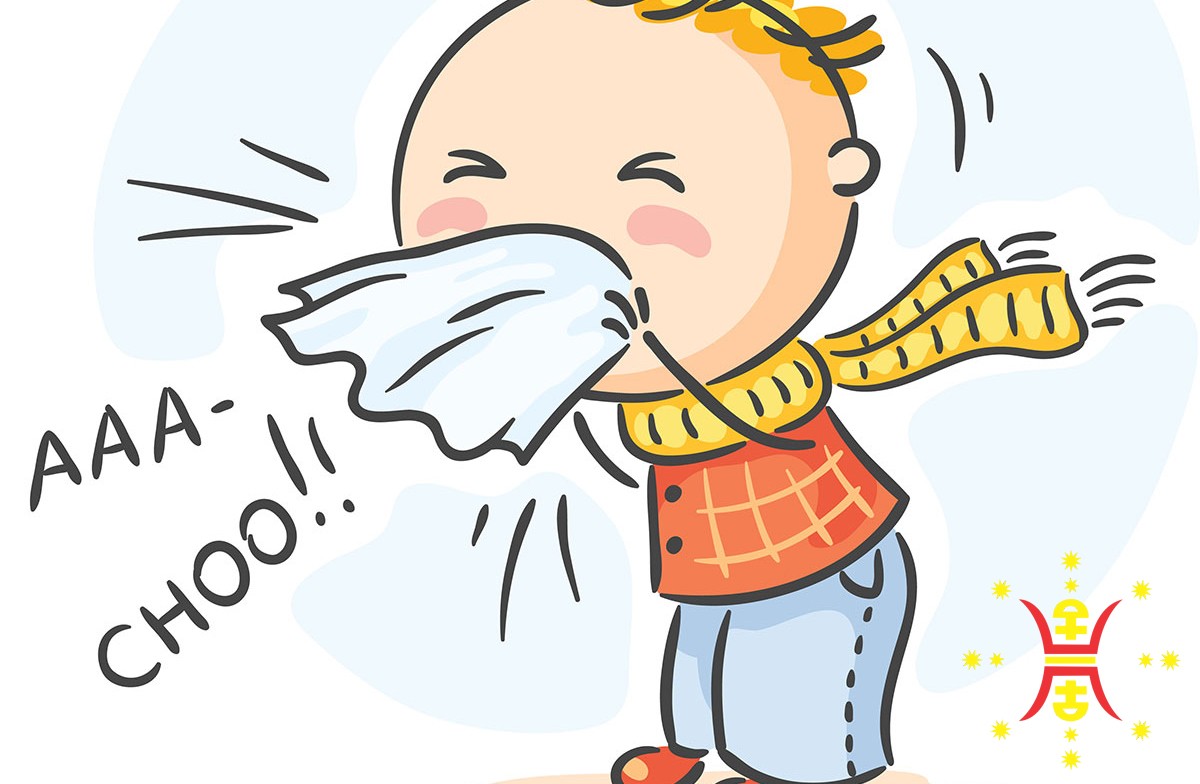Harmonizing Health: Traditional Chinese Medicine Insights on the Common Cold
In Traditional Chinese Medicine (TCM), the common cold is typically viewed as an invasion of external pathogenic factors, primarily Wind and Cold, which disrupt the body's harmony and weaken the defensive Qi. Here's an overview of the common cold in TCM:
- Definition in TCM:
- The common cold in TCM is often referred to as "Gan Mao" or "Feng Re" and is considered an acute condition caused by the invasion of external Wind, Cold, or Wind-Heat factors.
- Causes:
- External Pathogenic Factors: Invasion of Wind, Cold, or Wind-Heat is considered the primary cause. These factors can penetrate the body's defenses, leading to an imbalance in the body's energy.
- Symptoms:
- TCM practitioners assess symptoms such as sneezing, nasal congestion, runny nose, sore throat, cough, and a general feeling of malaise. The specific symptoms help determine the pattern of imbalance.
- Patterns of Imbalance:
- Wind-Cold Invasion: Symptoms may include chills, aversion to cold, a thin, clear nasal discharge, and absence of thirst.
- Wind-Heat Invasion: Symptoms may include fever, sore throat, a yellowish nasal discharge, and a desire for cool beverages.
- TCM Treatment:
- Acupuncture: Points related to the lungs, spleen, and immune system may be stimulated to expel the pathogenic factors and strengthen the body's defenses.
- Herbal Medicine: TCM herbal formulas are often prescribed based on the specific pattern of imbalance. For example, formulas containing herbs like Ephedra (Ma Huang) for Wind-Cold or Forsythia (Lian Qiao) for Wind-Heat.
- Diet and Lifestyle:
- Dietary recommendations may include warm, easily digestible foods and herbal teas to expel cold and promote sweating.
- Rest, keeping warm, and avoiding exposure to wind are commonly advised to support the body's recovery.
It's important to note that TCM addresses the common cold as a manifestation of imbalances in the body's energy rather than focusing solely on the virus. While TCM can be effective in managing symptoms and supporting the body's natural healing processes, it is not a substitute for conventional medical treatments. Individuals with severe or persistent symptoms should seek guidance from medical professionals for appropriate diagnosis and care.
In Person With Heshoutang Natural Health Members
With Heshoutang Natural Health Online Members
Fill Out the Questionnaire by yourself
When you subscribe to the blog, we will send you an e-mail when there are new updates on the site so you wouldn't miss them.














Comments